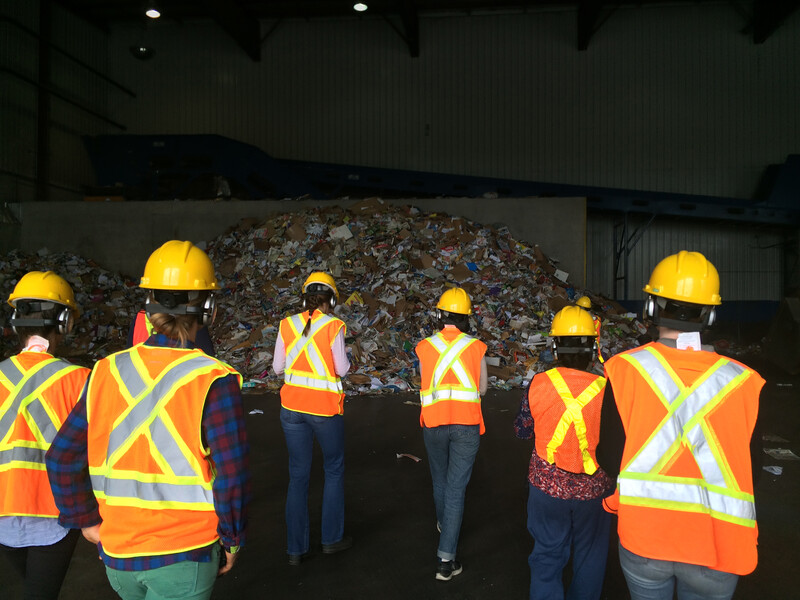
From the great garbage patch in the Pacific Ocean, to microplastics in the Great Lakes Region, to 34 million tons of municipal waste in Canada according to the latest statistics, waste and plastic pollution is both a global and local issue. This event, hosted next to Museo Aero Solar, brings together artists, scientists, and researchers to share their work on the waste crisis and creative pathways to remediation and sustainability.
Presented as part of The Work of Wind: Air, Land, Sea a site-specific exhibition, public program series, and publication platform designed to expand perspectives on climate change through artistic practices, cultural inquiry, and political mobilization.
Sep 22, 2018 – Sep 22, 2018
Past
Ecologies of Waste: A Conversation
Amanda Boetzkes, Synthetic Collective, Myra J. Hird, Sara Hughes
Petro Canada Park, 555 Southdown Rd., Mississauga
Events are FREE and open to the public. All are welcome.
Petro Canada Park, 555 Southdown Rd., Mississauga
Events are FREE and open to the public. All are welcome.
Event Documentation
◌
Related Program
The Work of Wind: Air, Land, SeaEvent Documentation
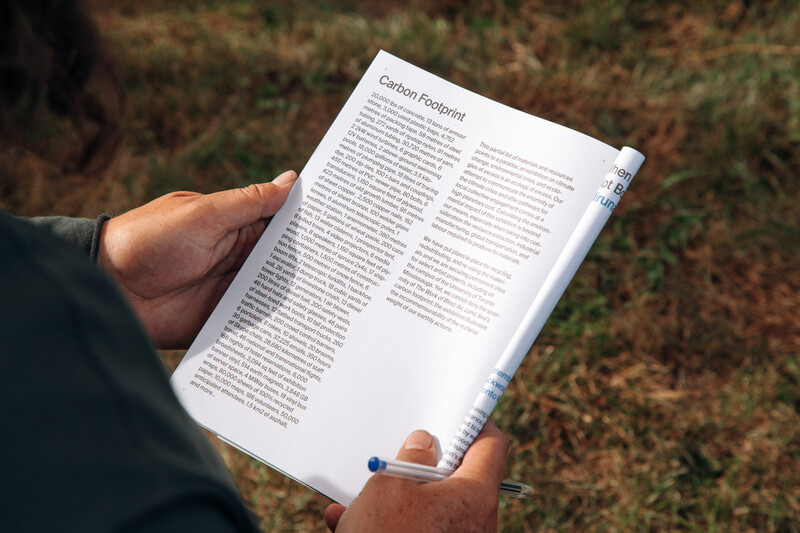
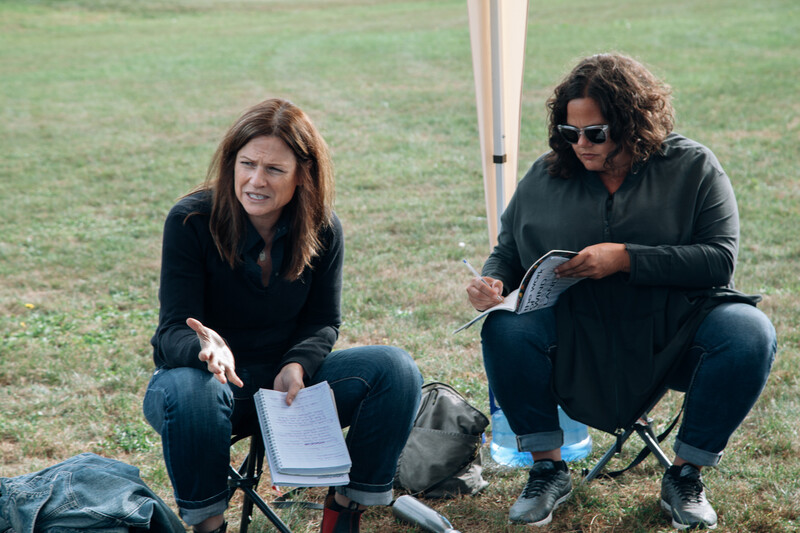
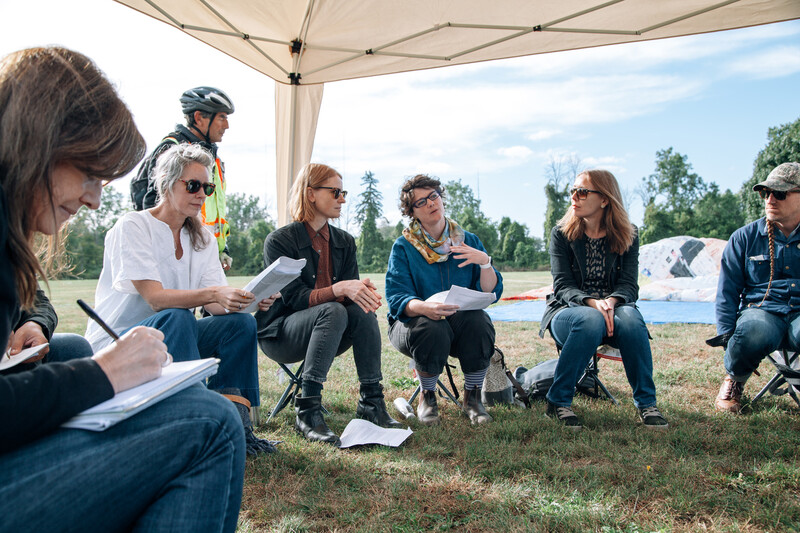
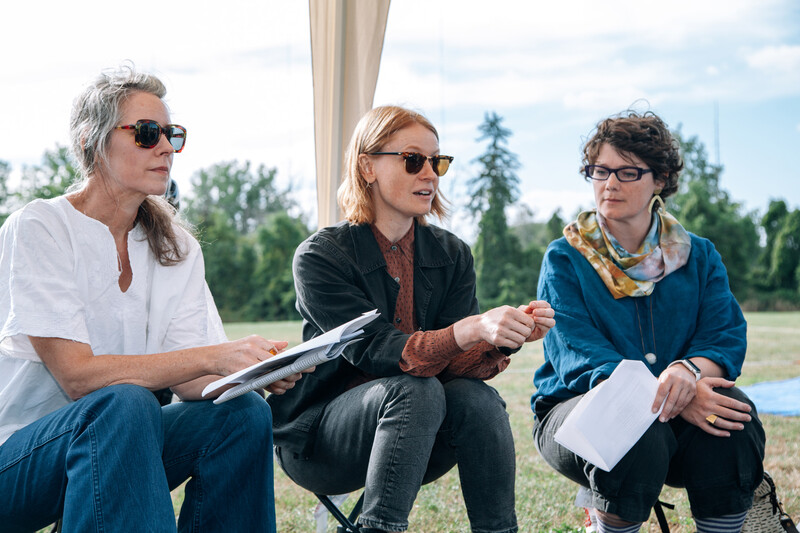
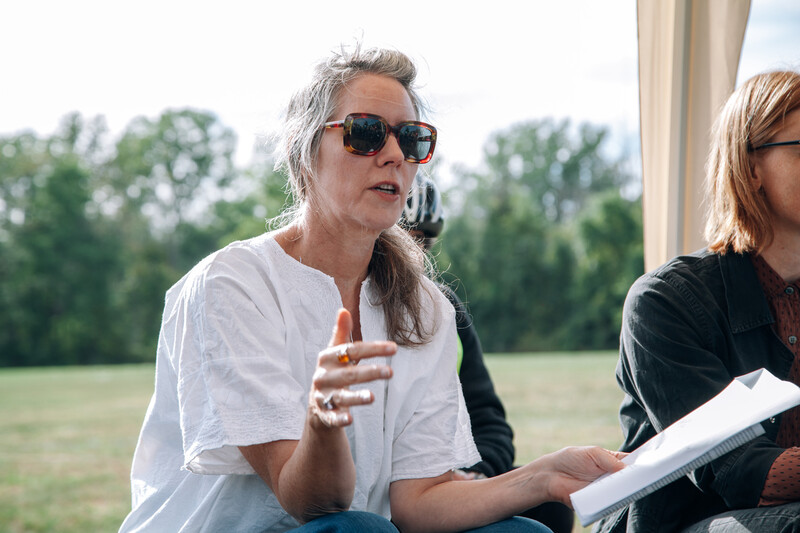
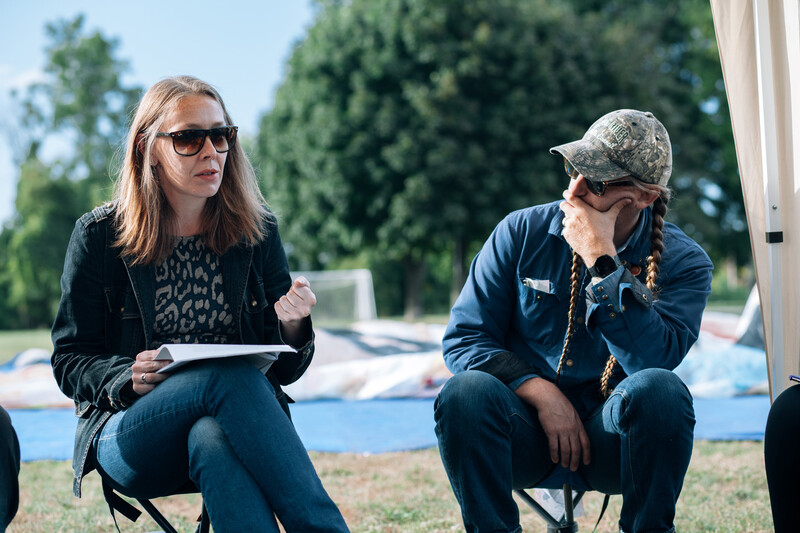
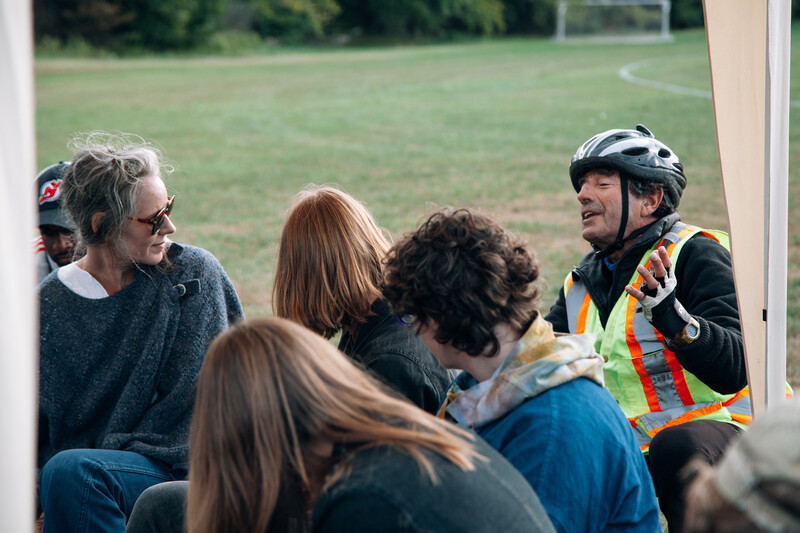
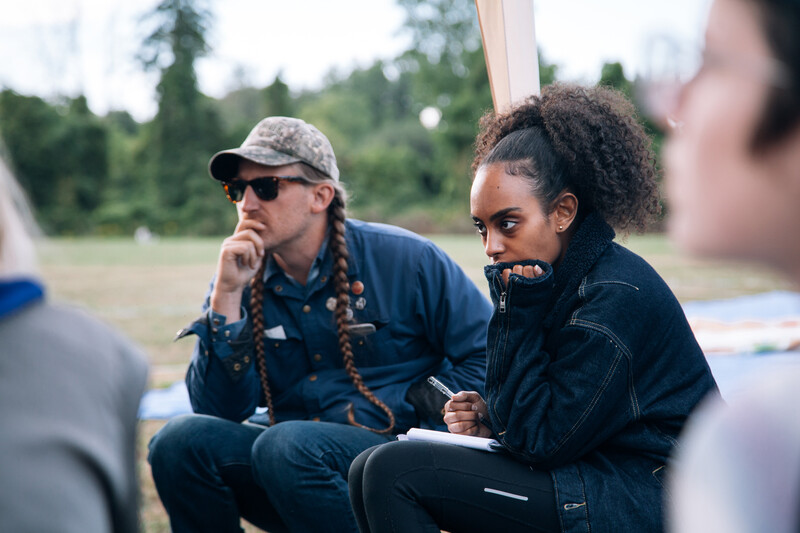
Amanda Boetzkes is Professor of Contemporary Art History and Theory at the University of Guelph. Her research specializes in ecology, theories of consciousness and perception. Over the course of her career, she has analyzed complex human relationships with the environment through the lens of aesthetics, patterns of human waste, and the global energy economy. She is the author of Plastic Capitalism: Contemporary Art and the Drive to Waste (MIT Press, 2019), The Ethics of Earth Art (University of Minnesota Press, 2010) and a forthcoming book titled Ecologicity, Vision and the Planetarity of Art. She is co-editor of Art's Realism in the Post-Truth Era (Edinburgh University Press, 2024), Artworks for Jellyfish and Other Others (Noxious Sector Press, 2022) and Heidegger and the Work of Art History (Ashgate, 2014). In her most recent research, Boetzkes focuses on environmental knowledge and aesthetics in the circumpolar North, the politics of Inuit sovereignty, and the Greenland Ice Sheet as a site of scientific, social, and perceptual importance. In 2019, she held an interdisciplinary, site-specific workshop in Ilulissat, Greenland, and curated a performance by the Greenlandic artist Jessie Kleemann on the Ice Sheet. This performance has since shown at numerous exhibitions and galleries including Inua at the inaugural exhibition of the Inuit Art Center in Winnipeg (2021); Exposure: Native Art and Political Ecology at the Museum of Contemporary Native Art in Santa Fe (2021); Worst Case Scenario: Four Artists from Greenland - Pia Arke, Julie Edel Hardenberg, Elisabeth Heilmann Blind, Jessie Kleemann at the Lunds Konsthalle in Sweden (2021); Jessie Kleemann at the Portland Museum of Art (2022); Jessie Kleemann: Running Time* at the Danish National Gallery (2023); and the Nordic pavilion of COP28 in Dubai (2023).
Synthetic Collective is an interdisciplinary collaboration between visual artists, cultural workers, and scientists working together to sample, map, understand, and visualize the complexities of plastics and micro-plastics pollution in the Great Lakes Region. Their enquiry is at the intersections of geologic processes, plastics pollution, and artistic production. The collective is working to expand its network of resources and researchers with the goal of developing a more tangible understanding of plastics pollution as a wicked problem: one that is both a local and global systemic issue, yet also a potential site for innovation and remediation. Synthetic Collective includes Sara L. Belontz, Patricia L. Corcoran, Heather Davis, Kathleen A. Hill, Kelly Jazvac, Kirsty Robertson, and Kelly Wood.
Myra J. Hird directs Canada’s Waste Flow (CWF), an interdisciplinary research program connecting people interested in the topic of waste to consider Canada’s waste future. Researchers at CWF study the movement, processing, treatment, and after-effects of diverse waste streams, including by-products of mining, nuclear energy, biomedicine, and domestic waste linked to larger issues such as overconsumption, settler colonialism, intra- and extra-governmental relations, and public dialogue. Hird is a Professor in the School of Environmental Studies.
Sara Hughes is an Assistant Professor in the Department of Political Science at the University of Toronto. Her research interests include urban politics and governance, water policy, and climate change policy. She focuses on understanding how political interests, institutions, and environmental problems interact at the urban scale, and the social and environmental outcomes they generate. Her research has been funded by SSHRC, Connaught, and the Government of Minnesota, and she has held fellowships at the US Environmental Protection Agency and the National Center for Atmospheric Research. In 2013, she was named a Clarence N. Stone Scholar by the urban politics section of the American Political Science Association. She has a PhD in Environmental Science and Management from the University of California, Santa Barbara.
The Work of Wind: Air, Land, Sea is presented by the Blackwood Gallery at the University of Toronto Mississauga in partnership with the City of Mississauga.
This is one of the 200 exceptional projects funded in part through the Canada Council for the Arts’ New Chapter program. With this $35M investment, the Council supports the creation and sharing of the arts in communities across Canada.
This is one of the 200 exceptional projects funded in part through the Canada Council for the Arts’ New Chapter program. With this $35M investment, the Council supports the creation and sharing of the arts in communities across Canada.
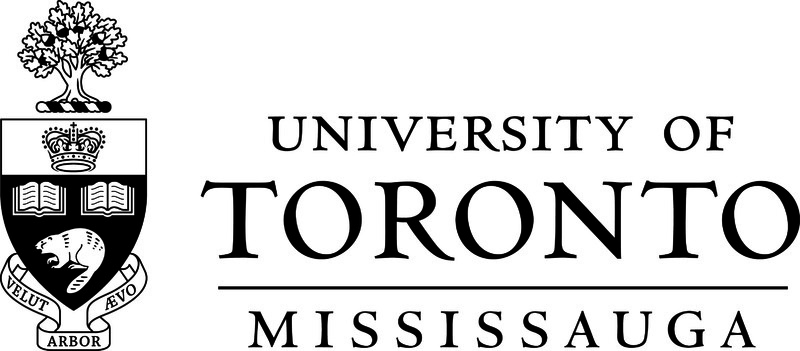



The Blackwood
University of Toronto Mississauga
3359 Mississauga Road
Mississauga, ON L5L 1C6
[email protected]
(905) 828-3789
The galleries are open. Hours of operation: Monday–Saturday, 12–5pm.
Facebook | Twitter | Instagram
Sign up to receive our newsletter.
The Blackwood is situated on the Territory of the Mississaugas of the Credit, Seneca, and Huron-Wendat.